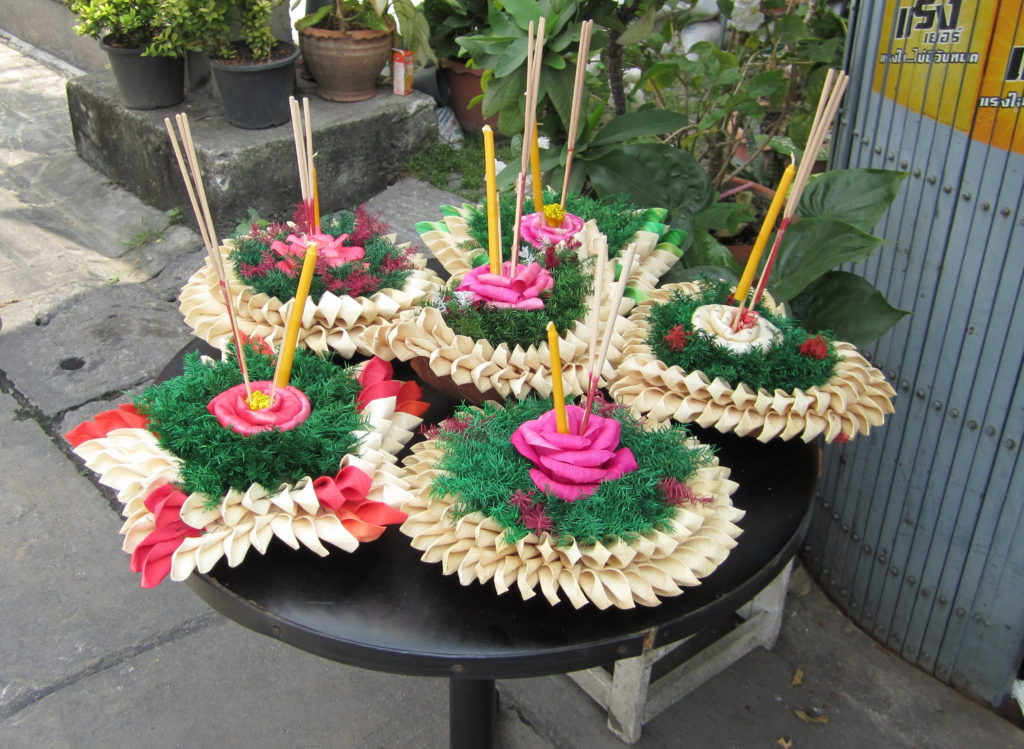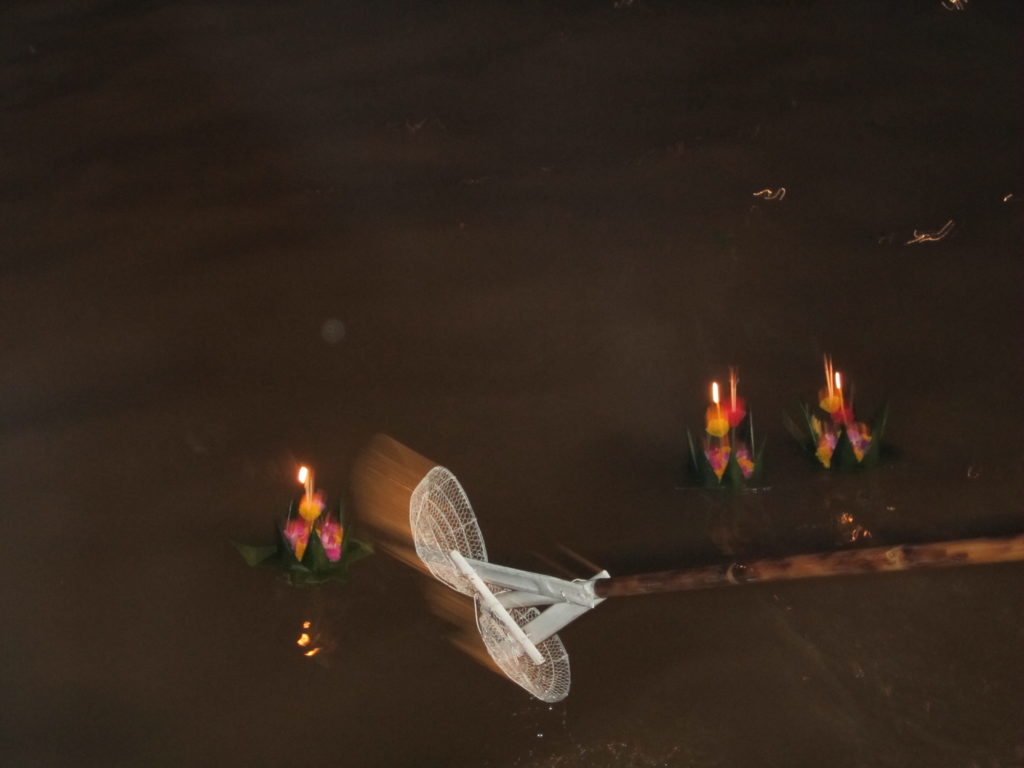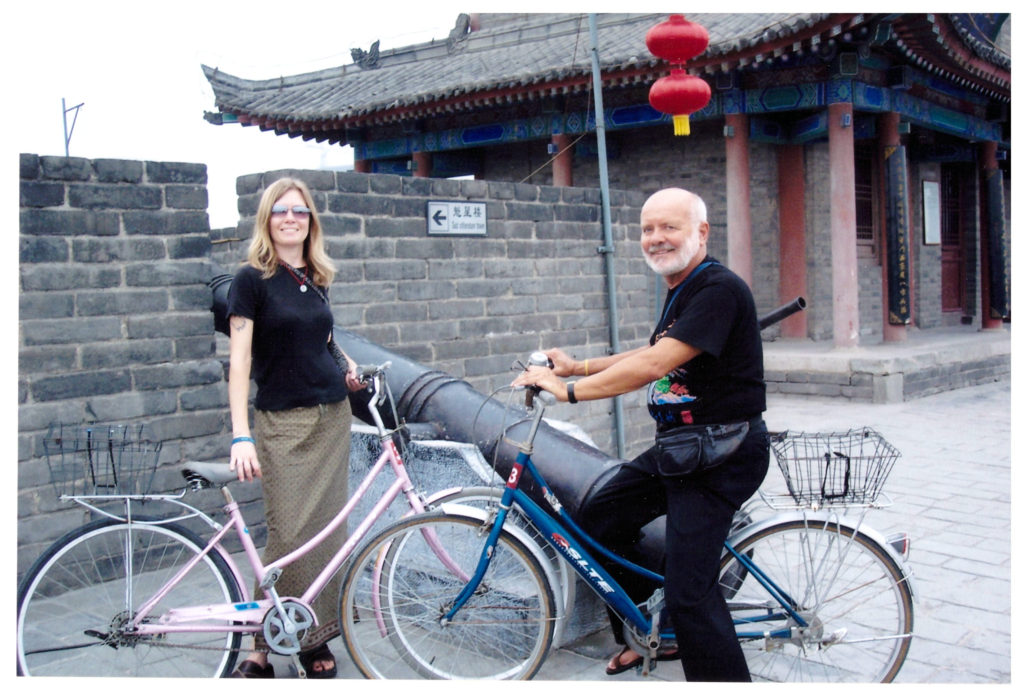“Hope begins in the dark, the stubborn hope that if you just show up and try to do the right thing, the dawn will come. You wait and watch and work: You don’t give up.” – Anne Lamott
*
Sometimes I think that as much as I have defined my hopes over the years, it is they that have defined me. Hope is the thing that gets us from one day to the next. And those days turn into weeks and months and years, until finally we look back, exhausted but still hopeful, and see where those hopes have taken us.
My hopes have certainly changed over the years, evolving and developing as my sons have. I remember hoping when Neil was six years old and learning to talk that someday we could have a conversation. I remember hoping that someday he would stop screaming and bolting away from me in parking lots or other public areas when a noise startled him. And I remember hoping, as he started talking more and bolting less, that someday I could take him on an international trip with me. That he would be safe, and that he might even enjoy it. Because I love to travel – my whole family does – and someday I wanted to share that with both of my sons. In the grand scheme of things, in all of the hopes that I’ve had and still have for my sons, I can assure you that international travel was low on the totem pole. But still, it was there.
Last month, after a year of planning, both of my sons (one with autism, one without) accompanied me to Thailand, where we met up with my father on his annual Thanksgiving in Thailand trip. We had purchased our plane tickets back in February, timing our departure with the school district’s break for the US holiday. What we didn’t know was that our arrival date coincided with the festival of Loi Krathong (pronounced loy krah-tong), a Thai holiday that takes place on the evening of the full moon of the twelfth month in the traditional Thai lunar calendar. In the western calendar this usually falls in November. And this year, it just happened to be on the day that we arrived.
It was night when we flew into Bangkok and checked into our hotel. We slept well and had continental breakfast before heading out for a stroll that morning. Everywhere we walked, people sat outside making and selling krathongs – handle-less baskets traditionally crafted from intricately folded banana leaves and loaded with flowers, incense sticks, candles, and other offerings. They are beautiful in and of themselves, but it’s what they symbolize that really hit home with me. The krathongs are released into waterways across Thailand as offerings of hope – an opportunity to wash away the past year’s misfortunes and let go of resentment or fear, so that one can start fresh, with hope for good fortune in the future. A festival about hope! How wonderful is that?
That night, after a lovely outdoor international banquet at our riverfront hotel, we watched as the locals picked up their krathongs and walked down to the dock when it was dark. There they stood, holding their krathongs in front of them, eyes closed and heads bowed for a moment as they meditated. Then they placed their krathongs in the river and watched them float away. Parents held their children by the hand as they walked to the dock, bent down, and, it appeared, instructed them about what to think of before they released their krathongs into the river. I watched in wonder; I was so moved by this beautiful tradition.
Then it was our turn. The hotel had provided pretty krathongs for its guests, and we each picked one out, lit our candles, and slowly walked to the dock. I thought about all the things I needed to let go of in my life – fear, resentment, stress, sadness. I thought about all the hopes and dreams I have for my children and myself and the fact that at that moment, where we stood there on the dock of a river in Thailand, one of my hopes had come to fruition. We were there; we had made it. I released my krathong, and then I looked out across the river and saw dozens of tiny candle flames floating down it, bobbing along in the water. And I watched as my family’s krathongs floated away together and bobbed along with the rest of them.
The remainder of our trip was just as magical. We had our challenges, of course, as my autistic son (at 16) still has a tendency to wander and has a very limited palate. But overall we were blessed with safe travels and wonderful memories. And hope that continues to evolve.



